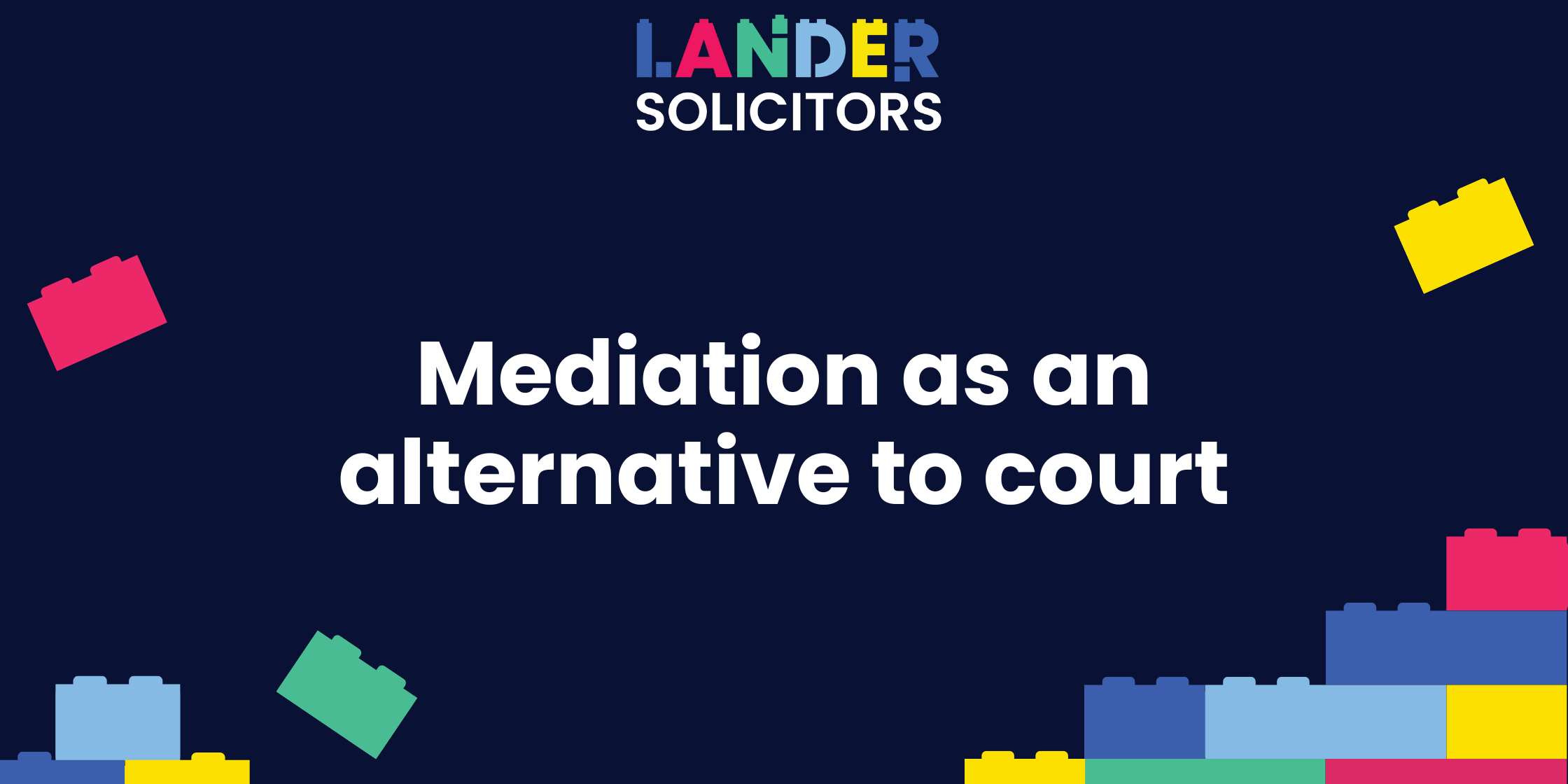Did you know there are alternatives to court for family law disputes? Mediation provides a structured, professional, and cost-effective way to resolve conflicts without the financial and emotional toll of litigation. If you’re facing challenges in co-parenting, property settlement, or other family matters, mediation may be the best way forward.
Why mediation?
Mediation is a process where both parties meet with a neutral Family Dispute Resolution Practitioner (FDRP) to discuss their issues and explore possible solutions. It differs from court proceedings in that:
- It’s collaborative, not adversarial. You work toward an agreement instead of fighting for a win.
- It’s confidential. Unlike court, mediation discussions stay private (unless there is risk of harm to another person or a history of domestic violence).
- It’s faster and more cost-effective. Resolving disputes through mediation avoids lengthy court delays and high legal fees.
- It gives you control. Rather than a judge making decisions for you, mediation allows you to have a say in the outcome.
When is mediation effective?
Mediation is particularly useful in situations where: Parents need a structured and safe space to express their concerns.
- Parents need a structured and safe space to express their concerns.
- Parties want to explore practical solutions rather than going through litigation.
- There’s a desire to maintain or improve communication after separation.
- Avoiding the financial and emotional burden of court is a priority.
Mediation can also help prevent future conflict by creating clear agreements and expectations.
What happens in a mediation session?
1. Initial contact
One or both parties express interest in mediation. An invitation is sent to the other party to participate.
2. Intake session
Each party meets privately with the mediator to discuss concerns and determine whether mediation is appropriate. This can be in person, by web conference or by phone.
3. Mediation session
A structured discussion where issues are identified, explored, and negotiated with the help of the mediator.
4. Agreement or next steps
If an agreement is reached, it can be documented as a parenting plan or consent orders. If no agreement is reached, a Section 60I Certificate is issued, which may be required for court proceedings. A certificate is also issued in property settlement matters. wife and son.
Are there situations where mediation may not work?
While mediation is highly effective in most cases, it may not be suitable if:
- There is serious domestic violence or a significant power imbalance between the parties.
- One party is unwilling to engage in good faith discussions.
- Urgent legal intervention is needed to protect a child or assets.
If mediation isn’t the right option for your situation, we can help explore alternative legal pathways to ensure your rights and interests are protected.
Mediate with Lander Solicitors Queensland
Mediation gives you the chance to settle family disputes on your terms—without the stress, cost, and delays of court. At Lander Solicitors Queensland, we help you find practical solutions that work for you and your family.
Ready to move forward? Contact us today to discuss how mediation can help.
DISCLAIMER – The information provided in this blog is general and does not consider your individual legal needs or objectives. It does not constitute personal advice and is for informational purposes only. We recommend seeking out professional and independent legal advice from qualified Australian lawyer to advise on your individual situation before acting on any information contained below. Lander Solicitors Queensland accepts no express or implied liability for negligence or contractually for reliance on any information provided. Liability limited by a scheme approved under Professional Standards Legislation.







